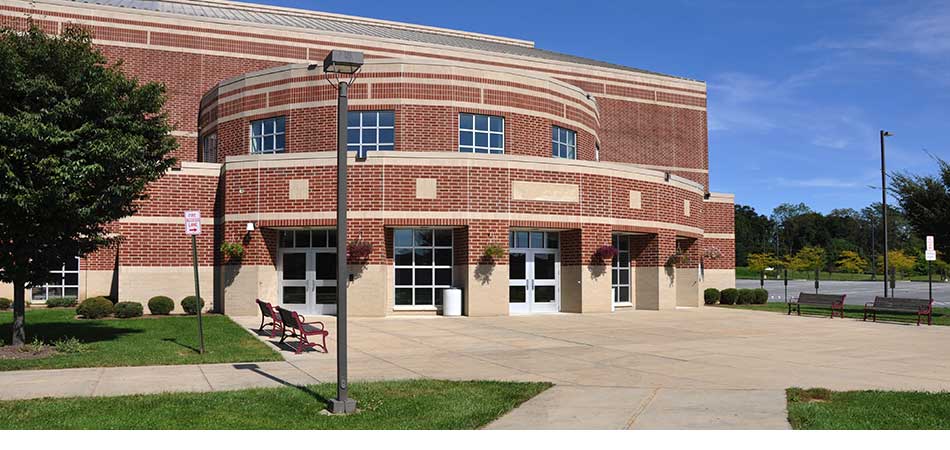This week, the House began voting on budgets for the upcoming fiscal year starting on October 1. The chamber focused on education-related budgets, as schools, colleges, and universities need to set their budgets before the new school year begins at the end of the summer.
The House-passed budgets include:
K-12 Budget:
-
- The budget totals $21.9 billion.
- $300 million for competitive grants to fund smaller class sizes, boost early reading success, and improve school infrastructure.
- Increases per-pupil funding to $12,000, of which $10,025 is foundation allowance and the remaining would come via large pots of funding.
- It makes changes to the traditional form of funding various programs by removing categoricals, which are specific amounts of funding appropriated for specific purposes.
- Just over $40 million was appropriated to nonpublic schools, which could draw a legal challenge.
- All Democratic members and two Republican members voted in opposition to the proposed budget.
Community College:
-
- The budget totals just over $456 million, a 1.2% decline from the current fiscal year.
- All colleges would have a 1% decrease in operations.
Higher Education:
-
- The budget totals $2.3 billion, a 2.6% decline from the current fiscal year.
- The University of Michigan and Michigan State University would lose over $230 million and more than $56 million, respectively, in operations funding. The funds from those cuts would be distributed among the remaining public universities.
Next Steps:
-
- The House, Senate, and administration will continue to negotiate the state budget in order to have one in place by the end of September, or the state government will shut down.
- The House will continue to work on the remaining budgets, which fund the departments, judiciary, state police, legislature, and the executive office.
- The Senate passed its version of all state budgets last month.








